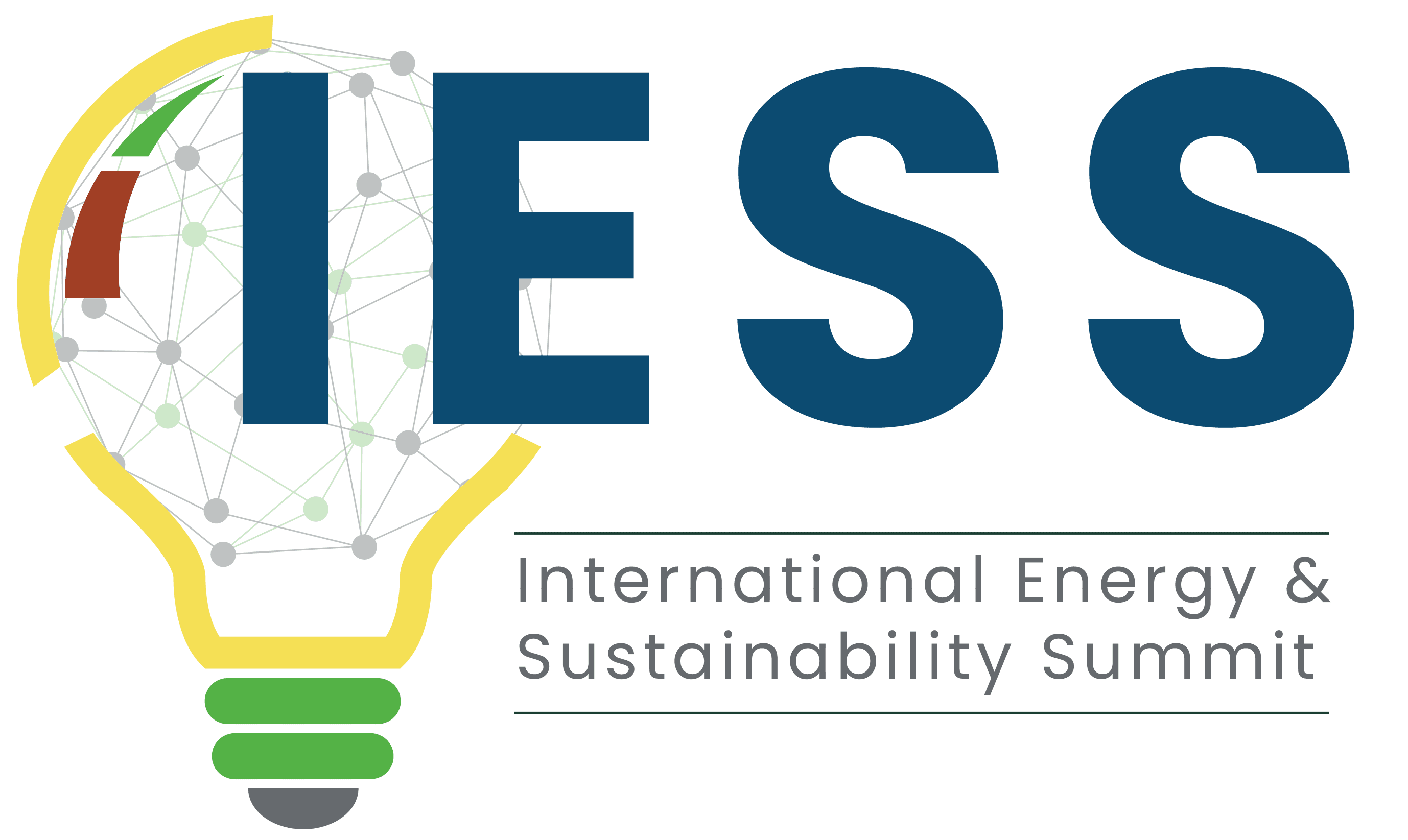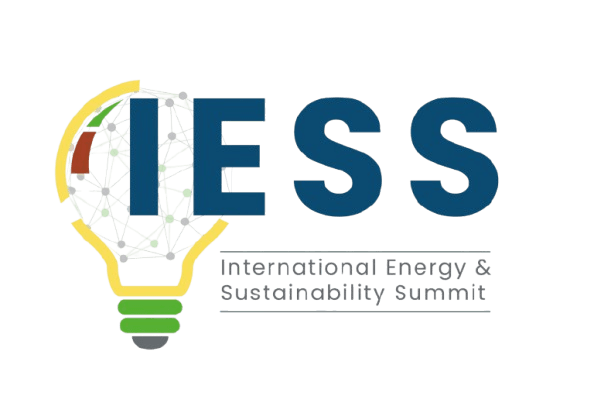Segment A: Petroleum And Mining
28th to 30th January 2026
Strathmore University, Nairobi Kenya
Overview
This segment brings together Oil Marketing Companies (OMCs), regulators, researchers, energy innovators, and investors to examine the current and future state of the energy landscape in Africa. The discussions will bridge conventional energy (LPG, petroleum, fossil fuels) and the ongoing transition to cleaner, efficient, and community-oriented energy models.
Petroleum and Mining Tracks And Sub-tracks
1. The Role of OMCs in the Just Energy Transition
Subtopics
- How OMCs are integrating ESG principles into operations
- Corporate responsibility in reducing carbon emissions
- Balancing profit, policy, and climate goals in petroleum operations
Explanation
This topic explores how traditional energy players are adapting to global sustainability expectations and how they can play a proactive role in shaping an equitable and climate-conscious energy future.
2. LPG and Petroleum: Innovation in Storage, Distribution & Safety
Subtopics
- Emerging safety technologies in LPG handling
- Automation and digitization of fuel supply chains
- Leak detection systems and remote monitoring
- Energy access through affordable LPG for households
Explanation
Discusses how technological innovation and operational best practices are improving safety, efficiency, and accessibility of LPG and petroleum products, especially in low-income or off-grid regions.
3. Green Fuel Alternatives and Cleaner Transport Solutions
Subtopics
- Transitioning to low-sulfur diesel, ethanol-blends, and biofuels
- Alternative fuels in public transport and logistics
- Infrastructure readiness for electric mobility
Explanation
With Africa’s growing urbanization and fuel demand, this track focuses on bridging current petroleum-based energy use with cleaner alternatives and hybrid models for transportation and logistics.
4. Blue Economy Opportunities in Coastal Energy Development
Subtopics
- Harnessing offshore wind and tidal energy
- Port electrification and clean maritime fuels
- Green infrastructure at coastal fueling stations
Explanation
Coastal areas are hubs for both fossil fuel and renewable energy growth. This session examines how OMCs and developers can align their operations with the sustainable development of the blue economy.
5. ESG Compliance & Sustainability Reporting in the Energy Sector
Subtopics
- Integrating sustainability into business KPIs
- Voluntary carbon markets and offsetting projects
- Reporting frameworks (GRI, TCFD, SASB)
Explanation
This topic guides companies on how to develop credible, transparent, and action-oriented sustainability reports that enhance accountability and attract green investments.
6. Circular Economy in Oil & Gas
Subtopics
- Oil container and packaging recovery systems
- Waste-to-energy projects in the refining process
- Upcycling and reusing petroleum by-products
Explanation
As circularity becomes a global benchmark for sustainable industries, this session highlights how OMCs can reduce waste, cut emissions, and create new value chains.
7. Policy Engagement and Legal Readiness for Future Energy Regulation
Subtopics
- Navigating Kenya’s Petroleum Act, Energy Act, and new carbon regulations
- Compliance with net-zero targets and green tax policies
- OMC participation in national energy dialogues and reviews
Explanation
The evolving policy space presents both opportunities and compliance risks. This topic provides insights on how energy companies can align early and influence policy shaping.
8. OMCs as Catalysts for Climate-Tech Innovation
Subtopics
- Supporting clean energy startups and accelerators
- Launching open innovation challenges within the sector
- Partnering with universities and research institutions
Explanation
Focuses on how traditional energy companies can support and invest in Africa’s growing cleantech ecosystem to future-proof their business models and increase their sustainability footprint.
Summit calendar
The summit will be a 3 day event during the International Energy And Sustainability Summit Week.
4th March
Renewable Energy and Emerging Technologies
The opening day highlights renewable energy technologies like solar, wind, geothermal, and hydropower. It features keynote addresses from KPLC and KENGEN, panel discussions on scaling renewable energy solutions, and advancements in solar and wind technologies. The day concludes with exhibitions, networking sessions, and a treasure hunt.
5th March
Smart Grids, Electrification and Energy Management
Discussions focus on smart grids, energy management systems, and the electrification of transportation. Key topics include grid digitalization, EV charging infrastructure, and battery innovations. There is also a tree planting session to promote environmental conservation.
6th March
Energy Transition and Climate Change
The day’s sessions explore transitioning from fossil fuels to renewable energy and the role of energy systems in combating climate change. Discussions cover global climate policies, low-carbon energy systems, and strategies to support climate resilience, alongside a tree planting initiative.
7th March
Future of Sustainable Energy and Climate Solutions
The final day emphasizes geothermal energy’s role in sustainable development and innovative solutions in sustainable construction. Topics include green building materials, modular construction, and net-zero energy buildings. The event wraps up with a closing ceremony, awards, and live performances.
Join us at the International Energy And Sustainability Summit
Together, we can turn the tide on climate change and create a world where both people and the planet thrive. Get involved, share your ideas, and be part of the movement driving real change.

